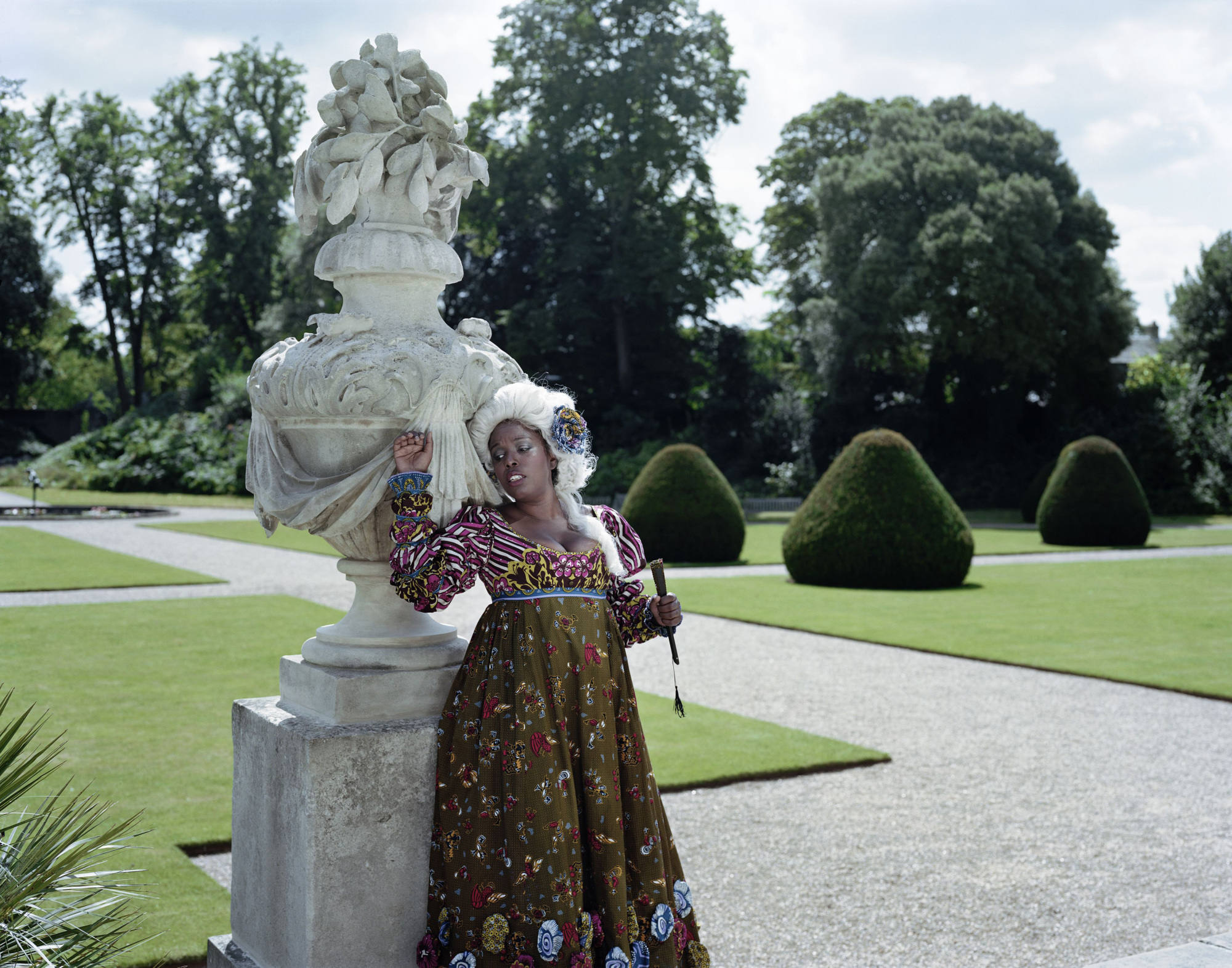It has been a bumper year for chauvinism. Deplorables around the world who feel that their livelihoods, identities and values are under threat from "others" have let it be known that they're mad as hell and not going to take it anymore. If you don't think of yourself as being in the same basket as them, you can re-read that last sentence but ignore the last seven words.
In this context, the theme of the show "Body/Play/Politics" at the Yokohama Museum of Art is timely. The work of six artists of various nationalities has been assembled as a general broadside on intolerance, and the curatorial team have not been shy about acknowledging that Japanese society has a particular tendency toward valorizing the "normal" and stigmatizing those who don't run with the crowd. Racism, colonialism, sexism, homophobia, class snobbery and cultural essentialism are all addressed in this show, which is based on the premise that, in the end, these are all processes of manufacturing or promoting "otherness."
Yinka Shonibare, ambivalent recipient of the Most Excellent Order of the British Empire, has famously used brightly colored Dutch wax textiles popular in West Africa, to re-dress figures and objects from iconic works of European art and encourage a revision of dominant historical narratives. His work is represented in the exhibition by two installations that mix fantasy, personal memories and Nigerian folklore, and a video piece that uses the aria "Farewell to the Past" from Verdi's "La Traviata," reworked with a black women as the lovelorn Violetta. The works are characteristically, and intentionally, flamboyant and theatrical.


















With your current subscription plan you can comment on stories. However, before writing your first comment, please create a display name in the Profile section of your subscriber account page.